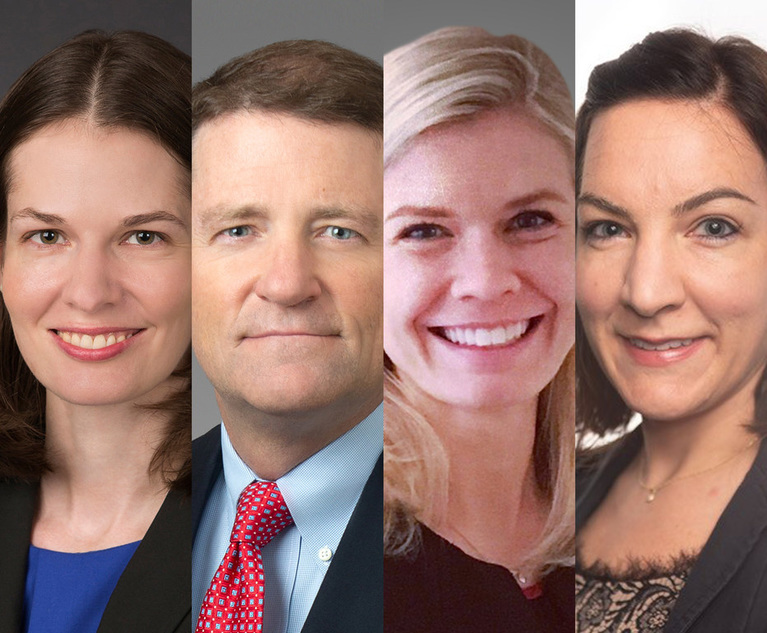Twice before, in 2010 and 2014, the Supreme Court denied writs of certiorari asking that it resolve the critical question of whether Fed. R. Civ. Pro. 9(b) requires that False Claims Act (FCA) plaintiffs plead specific false claims. Now, this question has again bubbled up to the high court in three separate petitions. The circuit courts remain split on the way to apply Rule 9(b) in a FCA suit. We anticipate that this time, after another decade of the lower courts failing to align, the Supreme Court will grant certiorari, despite the solicitor general’s recent amicus brief recommending against it. This article will give you the “cheat sheet” on the competing Rule 9(b) standards of review, our prediction for the winning standard, and some of the potential implications of the Supreme Court’s decision.
Background on Rule 9(b) and the FCA
Rule 9(b) requires a relator alleging fraud to state with particularity the circumstances constituting fraud. However, the circuits are split on the level of particularity that needs to be pled in FCA cases to show that false claims have been submitted to the government. Half of the circuits require the FCA complaint to allege that specific false claims were presented to the government for payment. The other half follow a standard allowing the FCA complaint to allege a scheme to submit false claims along with “reliable indicia” that those claims were submitted to the government.


 (L-R) Erica J. Kraus, Bill Mateja, Audrey Crowell and Megan Miller of Sheppard Mullin. Courtesy photos
(L-R) Erica J. Kraus, Bill Mateja, Audrey Crowell and Megan Miller of Sheppard Mullin. Courtesy photos




